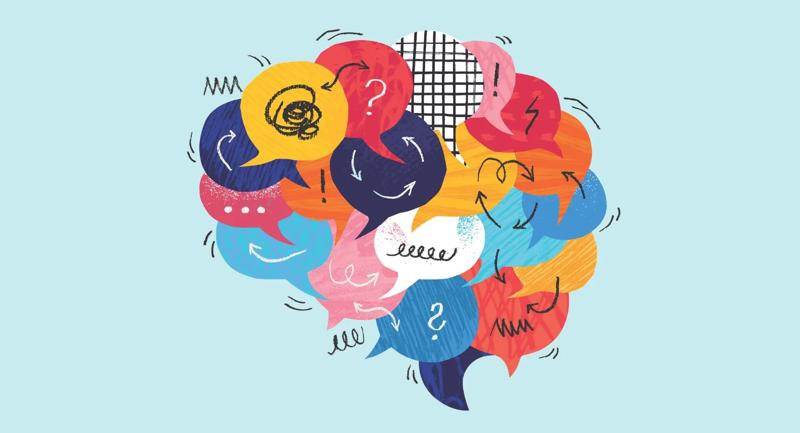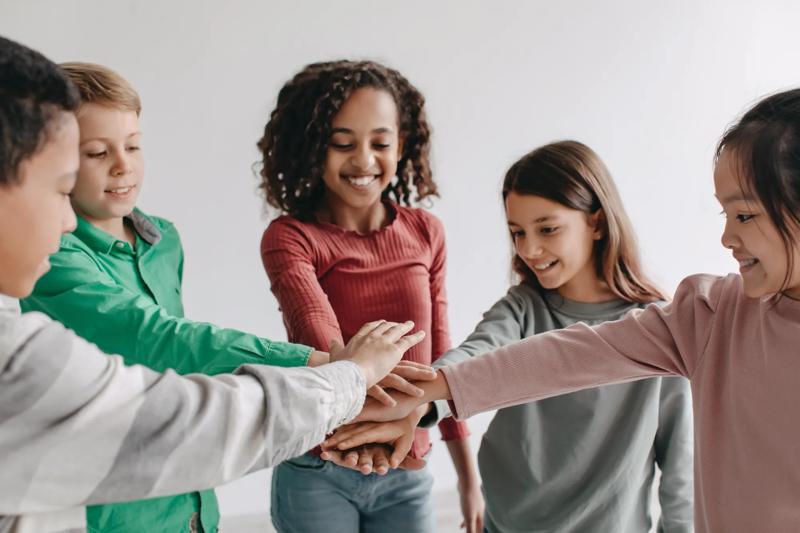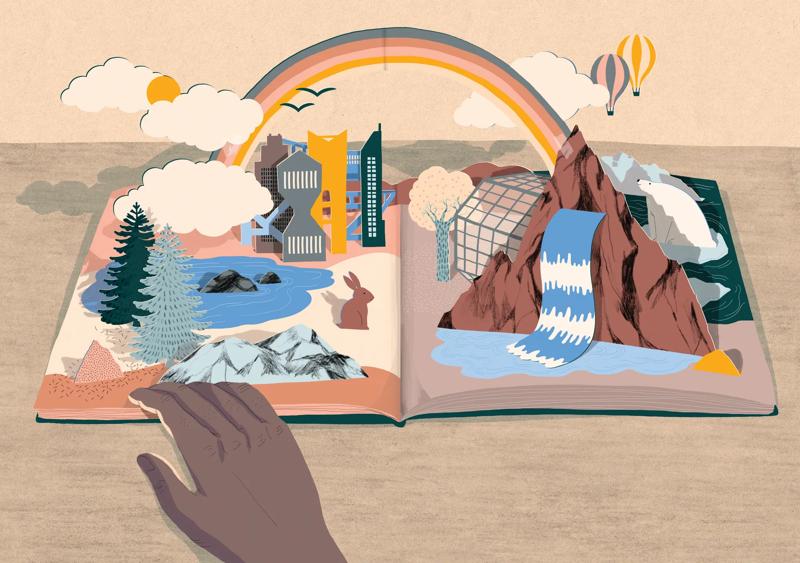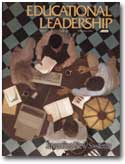As a child I was surrounded by many languages. Besides English, my grandparents spoke Polish, Italian, Spanish, and a little French. When the conversation was for everyone, my grandparents spoke English. Otherwise, they slipped into their native tongues. As children, my brothers and cousins and I delighted in discovering the meaning of some of those foreign phrases, particularly the venial profanities that made our parents wince and our grandparents chuckle when we repeated them. Knowing such words was a rite of passage, an entrée into the adult world. I learned early that language was about access, participation, and power.
I often heard my grandparents bemoan their occasional deficiencies in English. My Spanish grandfather often told us how he ate banana ice cream for years because he could not accurately pronounce vanilla. My great-grandmother never learned much English and so depended entirely on her husband and children, rarely going out alone. We visited her often, but although we loved her, we never really knew her.
My grandparents had little formal education, but they had learned the valuable lesson that one could not go far without knowing the language of others. The geography of Europe with its many nations, languages, and cultures taught them this lesson explicitly and forcibly. My Spanish grandfather learned French when, as a 14-year-old, he went to France to work with an uncle. Learning another language seemed like a natural thing, something ordinary people did all the time, a necessary and normal part of venturing out into the world. The more languages one knew, the more access one had.
Knowing that English was the language of access in America, my grandparents did not encourage their children to learn the language of their forebears. Through my grandparents, however, I learned that language and literacy are the critical foundations of success. From my great-grandmother I learned that I can't know someone unless I know their language. While I laughed with my grandfather about eating banana ice cream, I learned that I can't get what I want unless I have mastery of a language. Every time my grandparents slipped into Spanish or Polish, I learned the power of language to exclude or include. That I chose foreign languages as my undergraduate major and became a teacher of language and literacy acquisition is no accident.
Americans need to learn the lessons my grandparents knew—that language and literacy are the keys to a better life. Only by enhancing our ability to communicate with one another can we successfully move in many spheres with acceptance and understanding. Ironically, the English language has been enriched by vast numbers of words from many cultures and languages. This eclecticism has extended the power and utility of the language and can and should be the vehicle for enhancing language and literacy acquisition. English itself models the benefits of pluralism, the contributions of many cultures, and the common ties that bind us all.
Too often educators view learners whose first language is not English or “standard” English as disadvantaged, yet these learners have the ability to perceive the importance of language in a personal and visceral way. They understand the isolation and pain that the lack of language proficiency inflicts. Learners of English are disadvantaged only if we treat linguistic diversity as a liability in our educational system and our society. Labeling and neglecting these learners denies them the inclusion that language can provide.
Perhaps those Americans who have not experienced linguistic diversity in their own families or who have never attempted to learn a second language are the disadvantaged ones. Without striving to express themselves in a foreign tongue, they miss understanding the essence of language as a means of knowledge, access, power, and participation. Language-proficient citizens, especially bilingual ones, can more fully participate in our multilingual world. As a nation, we must exert our energy and resources in order to share our language with all our citizens.





